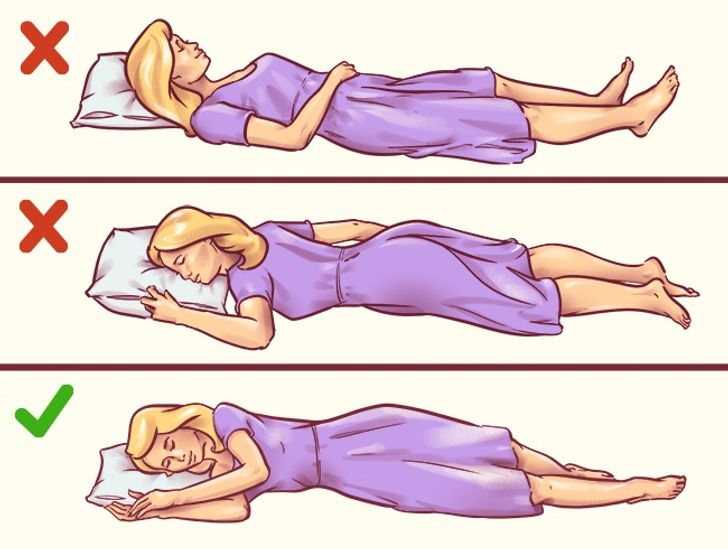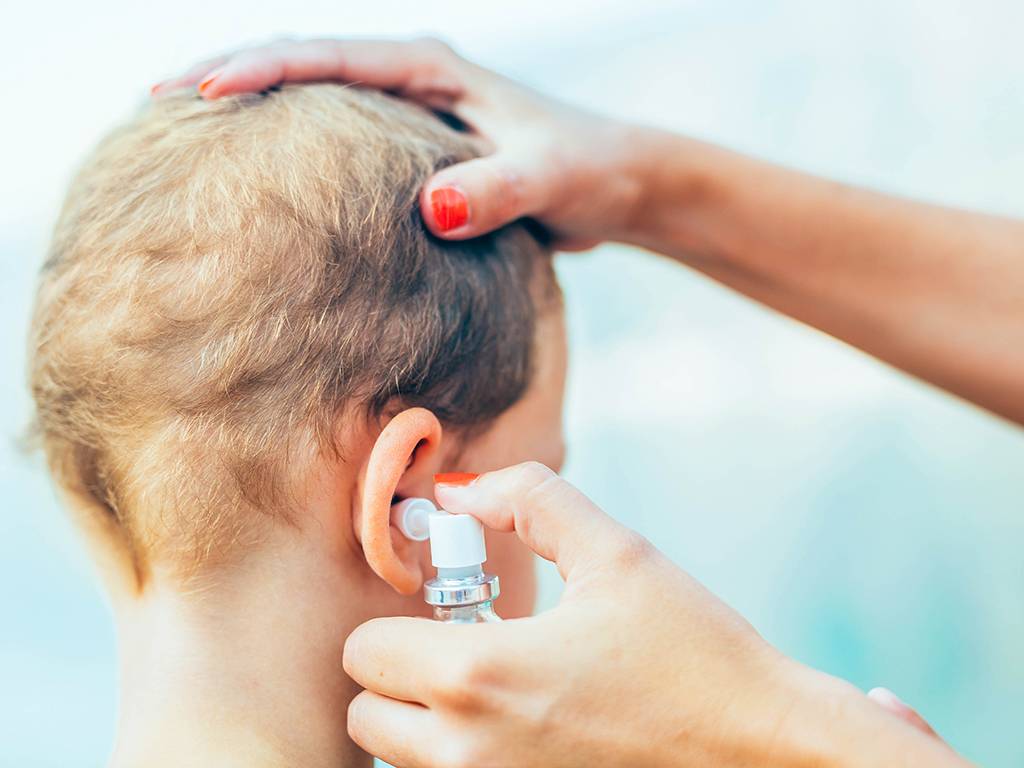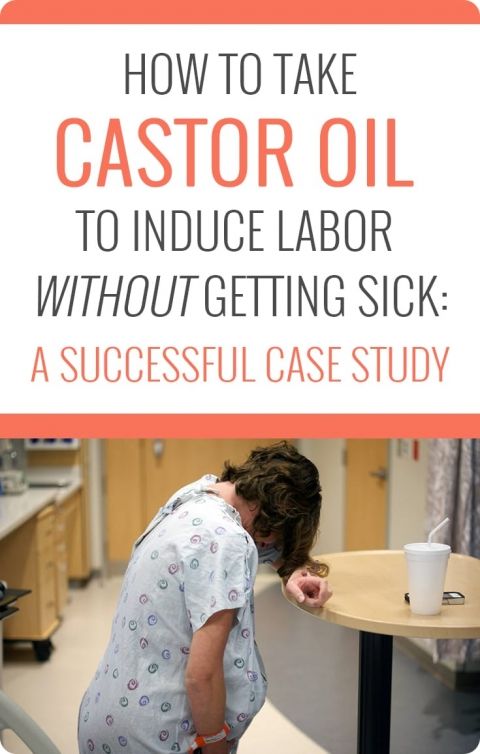Safest sleep aid during pregnancy
Is it safe to take a sleep aid while pregnant?
These over-the-counter and prescription medications can help you get the rest you desperately need while expecting
If you are finding it hard to get a good night’s sleep while pregnant, you are far from alone. Between the nausea, backaches, heartburn, and endless trips to the bathroom, it can feel nearly impossible to get your z’s in. It’s no wonder why so many people are looking for tips—including pregnancy-safe sleep aids—on how to sleep soundly when pregnant.
The good news is that there are more choices than you might realize when it comes to a sleep aid while pregnant. Besides prescribed and over-the-counter medications, there are natural options and lifestyle measures to consider. Here’s what you need to know to finally get some much-needed rest.
Pregnant and can’t sleep?
Trouble falling asleep and staying asleep is very common in pregnancy. Much of it has to do with the many bodily discomforts that come with pregnancy. “In my experience, it is very rare to find a pregnant patient who sleeps well,” says Greg Marchand MD, an OB-GYN and founder of Marchand Institute. “The nausea, the baby’s movements, the back pain, the muscle aches, the constipation—literally all of it can contribute to difficulty sleeping.”
A 2020 study published in International Journal of Environmental Research and Public Health found that a whopping 77% of pregnant people experienced sleep disturbances. Of these, about 52% reported frequent night waking, and 20% had trouble falling asleep. Sleep issues increased most in the third trimester, with 26% finding it hard to fall asleep, and 62% waking up in the middle of the night.
There are several common reasons why pregnant people often find it hard to fall asleep and stay asleep. In a nutshell, there are just so many changes going on in your body—hormonally, physically, and emotionally—that make it hard to get comfortable and relaxed enough to sleep.
Some of the most common causes of sleep problems in pregnancy include:
- Frequent bathroom tips: Having to get up to pee multiple times is a common reason for sleeplessness in pregnancy.
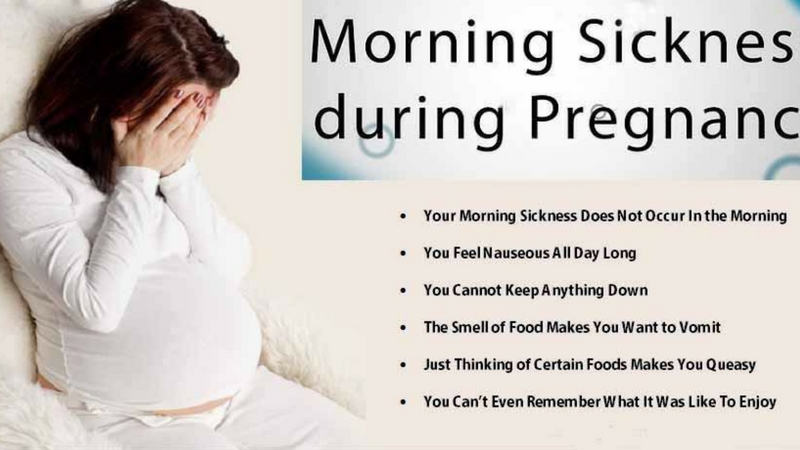 “Early on, pregnant women may have urinary frequency and nocturia—the need to urinate multiple times during the night,” says Felice Gersh, MD, an OB-GYN and founder/director of the Integrative Medical Group of Irvine, CA.
“Early on, pregnant women may have urinary frequency and nocturia—the need to urinate multiple times during the night,” says Felice Gersh, MD, an OB-GYN and founder/director of the Integrative Medical Group of Irvine, CA. - Nausea: Nausea is very common in pregnancy, and contrary to popular belief, “morning sickness,” doesn’t just happen in the morning. Many pregnant individuals are plagued by nighttime nausea. About 70% of expectant parents experience nausea, and if the nausea occurs at night or in the early morning, it can wreak havoc on sleep.
- Heartburn: Heartburn is also common in pregnancy and tends to be worse at night when you are lying down. Heartburn also tends to get worse the further you are into your pregnancy; between 60% to 72% of pregnant people experience heartburn in their third trimester.
- Breathing issues: Hormonal changes and increased swelling of nasal tissues (rhinitis) can affect sleep during pregnancy. “Changes in hormones can affect breathing, and some pregnant women can develop some degree of sleep apnea—which can interfere with proper restorative sleep,” Dr.
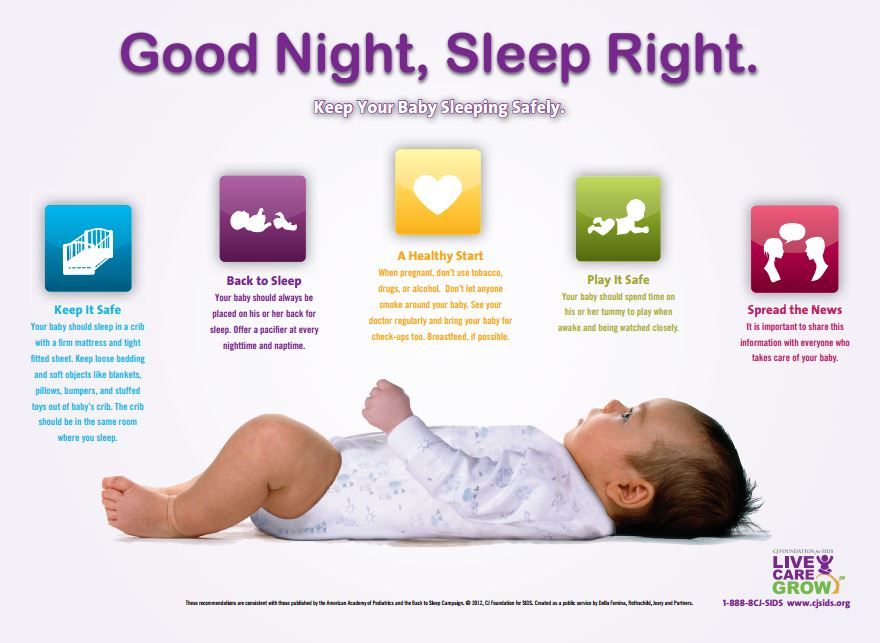 Gersh says.
Gersh says. - Restless leg syndrome: Restless leg syndrome—an uncontrolled need to move and stretch the legs during rest—is another common cause of insomnia and sleep issues in pregnancy. Between 27% to 30% of people experience this during pregnancy, particularly during the third trimester.
- Leg cramps: Almost half of pregnant women experience leg cramps, according to the American Pregnancy Association, especially starting in the second trimester. Leg cramps may be caused by weight gain, circulation changes, and increased pressure on nerves and blood vessels.
- Muscle aches and pressure: Aching backs, sore muscles, a growing belly, and babies kicking can all make sleep uncomfortable. If you find yourself tossing and turning, trying to find a comfortable sleep position during pregnancy, you are not the only one. “As you progress through pregnancy and your uterus grows, you may have difficulty finding a comfortable position for sleeping,” Dr. Gersh notes.

- Stress and anxiety: Emotions can play a role when it comes to pregnancy insomnia. “Pregnant women may develop anxiety about the health of the baby or for themselves … or they may develop some depression and anxiety when considering the challenges to come and what they may be leaving behind,” Dr. Gersh says.
In other words, there are myriad reasons you’re lying awake, counting sheep.
5 safe sleep aids for pregnancy
Pregnancy is a time when you need to take extra care to not take any medications that could harm your growing baby or cause pregnancy complications. Some common sleep aids are unsafe during pregnancy, but that doesn’t mean there is nothing you can take to help you sleep. You definitely have options. Just note that you should always consult with your healthcare provider before taking any medications for sleep.
1. Benadryl
Although antihistamines aren’t specifically meant to treat sleep issues, they can make you drowsy, so many people use them for insomnia. Most antihistamines are thought to be safe during pregnancy, and a CDC report noted that most studies have not found a link between taking antihistamines during pregnancy and birth defects. That means if Benadryl (diphenhydramine) makes you sleepy, it’s safe to take.
Most antihistamines are thought to be safe during pregnancy, and a CDC report noted that most studies have not found a link between taking antihistamines during pregnancy and birth defects. That means if Benadryl (diphenhydramine) makes you sleepy, it’s safe to take.
2. Unisom Sleep Tabs
Dr. Marchand says that Unisom Sleep Tabs (doxylamine) are another antihistamine that’s safe to take in pregnancy. However, he warns that sometimes these medications have unpleasant side effects like dry mouth and malaise. Additionally, they can sometimes be habit forming, he says, and may stop working after you’ve taken them a few times and built a tolerance to them. Unisom also offers other herbal and medicinal sleep aids that contain ingredients such as diphenhydramine or melatonin, which may be safe for use in pregnancy. Be sure to check the ingredient list when purchasing.
RELATED: 12 medications that cause dry mouth
3. Melatonin
There is limited research on the use of melatonin during pregnancy, but so far, studies have concluded that it’s probably safe to take.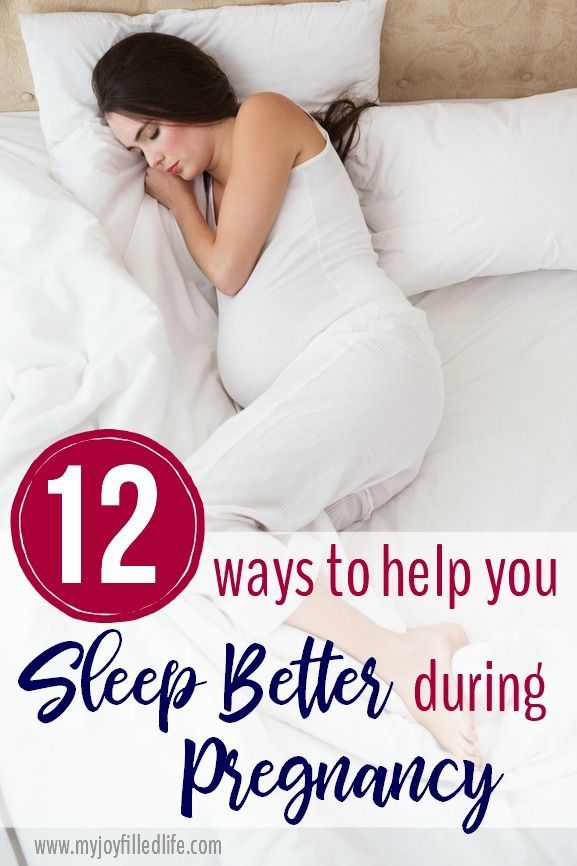 Melatonin is something that Dr. Marchand has found to be safe and effective in his patients. “Over the last 10 years, I have found melatonin to be effective and safe, so that is something I recommend to all pregnant women who suffer from insomnia,” he shares.
Melatonin is something that Dr. Marchand has found to be safe and effective in his patients. “Over the last 10 years, I have found melatonin to be effective and safe, so that is something I recommend to all pregnant women who suffer from insomnia,” he shares.
If you are interested in taking melatonin, you should speak to your healthcare provider, for medical advice about whether it’s a good idea, and what amount of melatonin you can safely take.
4. Selective serotonin reuptake inhibitors (SSRIs)
If you are finding that your stress, depression, or anxiety are so intense that you are finding it difficult to fall asleep, you should consider talking to your healthcare provider. It’s common to struggle with mental health during pregnancy.
Not all antidepressants are considered safe during pregnancy, but some are. Selective serotonin reuptake inhibitors (SSRIs) are first-line treatments for depression and anxiety—not sleep treatments, per se. In some cases, taking prescribed antidepressants can help you feel more emotionally balanced and can in turn help you fall asleep more easily.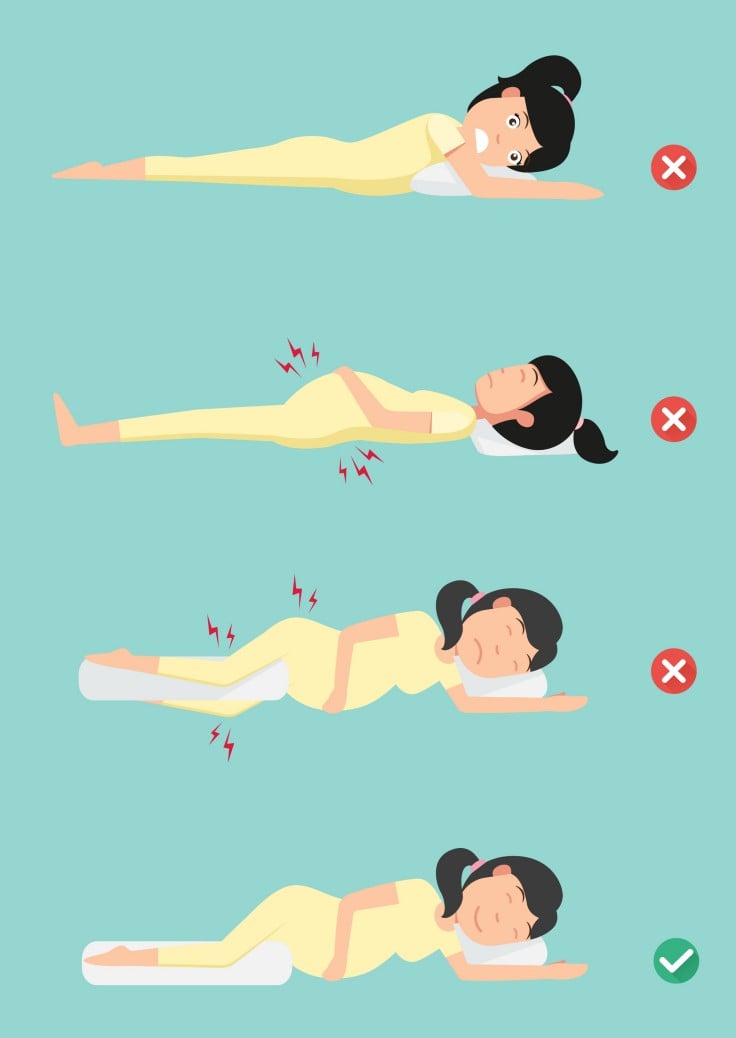
ACOG says that most SSRIs are not known to increase the risk of birth defects, but that research is ongoing. Some providers may recommend waiting until after your first trimester is over. Additionally, some of these medications can be activating and inhibit sleep, such as sertraline. You should speak to your healthcare team to figure out the best choice for you.
5. Treatments for pregnancy discomforts
If you are experiencing one of the many pregnancy discomforts that are making a good night’s sleep feel unattainable, you might want to consider treating the underlying symptoms rather than seeking a pregnancy sleep aid. While not specifically for sleep disorders, these pregnancy-safe medications and dietary supplements can help you get more rest.
- Restless leg syndrome is often linked to low iron or pregnancy anemia, so taking folic acid or iron supplements may help relieve your symptoms. Talk to your provider about these concerns before starting any supplements.
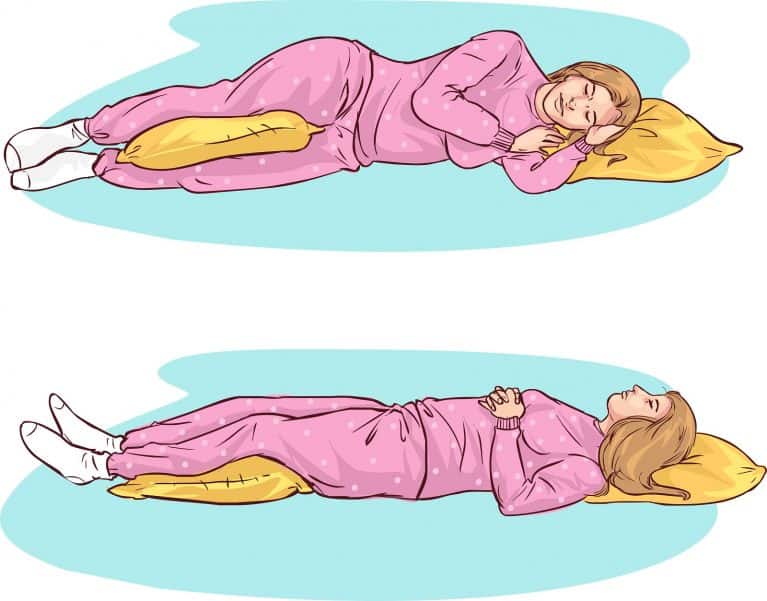 .
. - If your morning sickness is extreme—especially if it’s severe and interfering with sleep consistently—your doctor may prescribe an anti-nausea medication such as Diclegis or Zofran. For milder cases, ACOG recommends taking a combination of Unisom (doxylamine) along with vitamin B6 to combat nausea and insomnia.
- Some over-the-counter antacids containing calcium carbonate, like Tums, are usually considered safe in pregnancy and can relieve the heartburn and indigestion that tends to keep pregnant people up at night. Still, you should talk to your healthcare provider about other types of antacids because antacids with ingredients like magnesium trisilicate and sodium bicarbonate may not be recommended.
Unsafe sleep aids for pregnancy
Although there are some sleep aids for pregnancy that are considered safe, or low-risk, there are some that are not recommended. You’ll also want to talk to your provider about safety while breastfeeding if you plan to nurse your child.
Benzodiazepines
Benzodiazepines are a type of drug used to treat anxiety disorders and are also often prescribed for insomnia. But they are usually not considered safe to use in pregnancy. “Benzodiazepines like Valium (diazepam) and Xanax (alprazolam) are definitely unsafe,” Dr. Marchand says.
Benzodiazepines cross the placenta and may have harmful effects on babies including an increased risk of preterm birth and low birth weight. Some babies born to parents who take benzodiazepines during pregnancy have what is described as “floppy baby syndrome.” Babies may also have benzodiazepine withdrawal symptoms at birth.
Ambien (zolpidem)
Ambien is a commonly prescribed sleep medication. There is limited knowledge about how it affects pregnancy, Dr. Marchand explains, and it’s for this reason that most doctors do not recommend it. The FDA warns that taking Ambien in the third trimester is particularly risky, as it may cause babies to experience respiratory depression as well as increased sedation.
RELATED: Ambien side effects
Barbiturates and tranquilizers
Although substances like barbiturates and tranquilizers may be used at times when you are having trouble sleeping, they should not be used at any time during pregnancy, Dr. Gersh warns. “They come with concerns over the long term health effects on a baby,” she says.
Alcohol and marijuana
Alcohol is also a substance you should never consume while pregnant, says Dr. Gersh, even if you think it will help you sleep. Alcohol can cause growth problems for babies and can negatively affect their developing brains.
Some expectant parents might consider marijuana as a way to get some sleep, but Dr. Gersh advises against this as well. The American College of Obstetricians and Gynecologists (ACOG) warns against the use of recreational or medicinal marijuana during pregnancy. That includes CBD products—the FDA warns there may be serious risks to use during pregnancy and while breastfeeding.
Natural remedies for insomnia during pregnancy
When it comes to treating insomnia during pregnancy, Dr. Gersh recommends starting by considering at-home remedies and good sleep hygiene practices before turning to a pharmaceutical sleep aid for pregnancy. That said, not all natural-sounding remedies are recommended, says Dr. Gersh. Most herbal remedies haven’t been studied in terms of safety during pregnancy, and the same goes for essential oils, she explains.
Still, there are several natural remedies that Dr. Gersh does recommend, and which she has found to be successful in helping pregnant people get good sleep, including:
- Drinking herbal teas, such as chamomile
- Taking magnesium supplements
- Getting a pregnancy massage
- Breathing exercises
- Meditating before bed
- Incorporating walking and other forms of exercise into your day
- Getting plenty of sunshine and fresh air
- Maintaining a consistent sleep schedule and routine
If you’re dealing with nausea that’s making sleep hard to come by, natural remedies that are known to help include eating smaller, more frequent meals, adding protein to meals when possible, and taking ginger supplements or drinking ginger tea.
If frequent urination is keeping you up, try to meet your daily water intake earlier in the day and reduce fluids two hours before bedtime.
You may also benefit from decreasing the amount of caffeine you consume, limiting screen time before bed, taking a warm bath, or listening to relaxing music before bed. Destressing and making your environment more relaxing can help immensely with sleep. And although figuring out how to sleep when pregnant can be a challenge, there are many different pregnancy pillows on the market that can make side-sleeping more comfortable.
The bottom line is that sleep deprivation in pregnancy isn’t just something you should “put up” with. Research has found that if left unchecked, lack of sleep during pregnancy can increase your risk of complications such as high blood pressure, preeclampsia, gestational diabetes, preterm birth, lengthier labor, and cesarean section birth.
But beyond that, being sleep deprived is no fun, and all of us deserve a good night’s sleep, especially those of us who are gestating a brand new baby.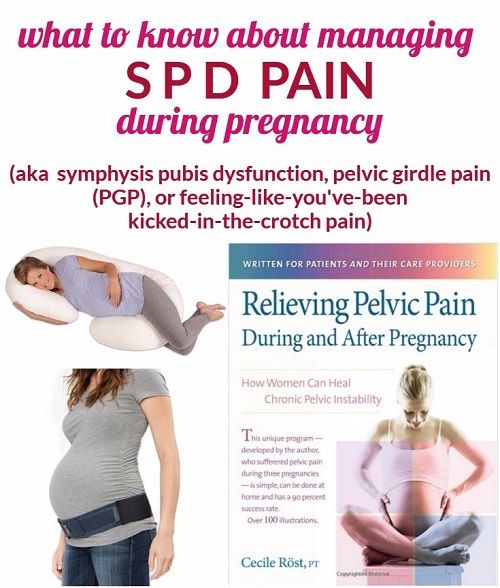 And trust us, you’ll want to bank some sleep now, before your sweet, up-all-night little one joins the picture.
And trust us, you’ll want to bank some sleep now, before your sweet, up-all-night little one joins the picture.
Are sleeping pills like Unisom safe during pregnancy?
- Community
- Getting Pregnant
- Pregnancy
- Baby names
- Baby
- Toddler
- Child
- Health
- Family
- Courses
- Registry Builder
- Baby Products
Advertisement
Photo credit: iStock.com / Piyapong Thongcharoen
Taking prescription sleeping pills when you're pregnant isn't recommended. Some prescription sleep medications are known to be unsafe for pregnancy, and with others the data isn't clear. In general, avoid prescription sleeping pills and always talk to your provider before taking any medication or supplement during pregnancy.
Some over-the-counter sleep medications are okay to take while pregnant. The antihistamines diphenhydramine and doxylamine are safe at recommended doses during pregnancy, even for extended periods.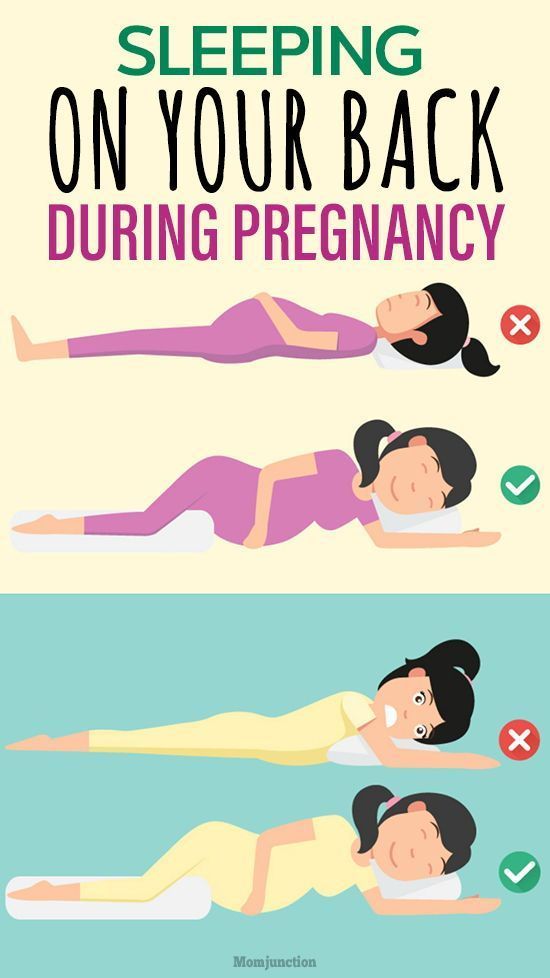 (These are the ingredients found in Benadryl, Diclegis, Sominex, and Unisom, for example.)
(These are the ingredients found in Benadryl, Diclegis, Sominex, and Unisom, for example.)
Be aware that taking more than the recommended dose of any sleep medication can be harmful. And always check with your healthcare provider before taking more than one medication to help you sleep.
Studies have shown that benzodiazepines, a type of sleeping pill, could raise the risk of preterm birth, low birth weight, small-for-gestational-age infants, and cesarean birth. Research has also raised the possibility that using these medications while pregnant could cause breathing problems in newborns.
Benzodiazepines used for sleeping are Restoril (temazepam), ProSom (estazolam), Dalmane (flurazepam), Doral (quazepam), and Halcion (triazolam).
For medications like Ambien (zolpidem), Imovane (zopiclone), Lunesta (eszopiclone), and Sonata (zaleplon), there isn't enough data on the effects on pregnant women to definitively say whether these medications are safe or not. To be cautious, they're only recommended for patients where the benefits outweigh any potential risks.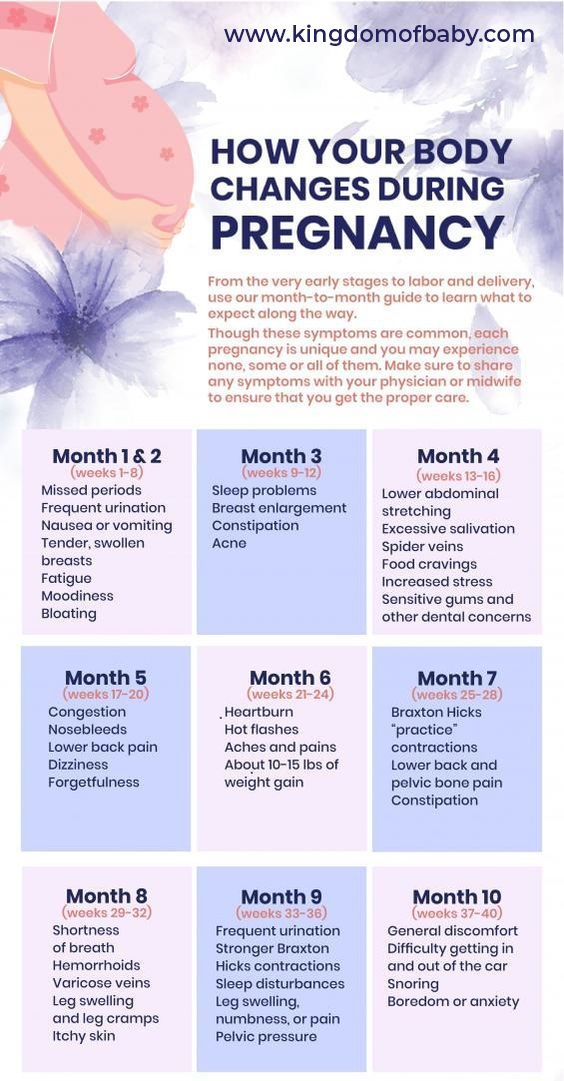
Though they may seem more natural and harmless than prescription drugs, herbal and hormonal sleep remedies including melatonin may not be safe during pregnancy. Early research has shown that melatonin could potentially carry risks, so though there hasn't been extensive research on melatonin's effects on pregnant women, experts recommend avoiding it.
If you consistently have trouble sleeping during pregnancy, ask your healthcare provider about your options. Though sleeping medications can be tricky, your ob-gyn or midwife should be able to help you get a handle on insomnia. Treating your insomnia could also decrease your risk of postpartum depression – so it's important to bring this up with your provider.
Advertisement | page continues below
Was this article helpful?
Yes
No
Rebekah Wahlberg
Rebekah Wahlberg is an associate editor at BabyCenter, the world's number one digital parenting resource. She lives in Southern California with her silly dog Booger, where she enjoys hiking, yoga, and watching Netflix when she "should" be reading.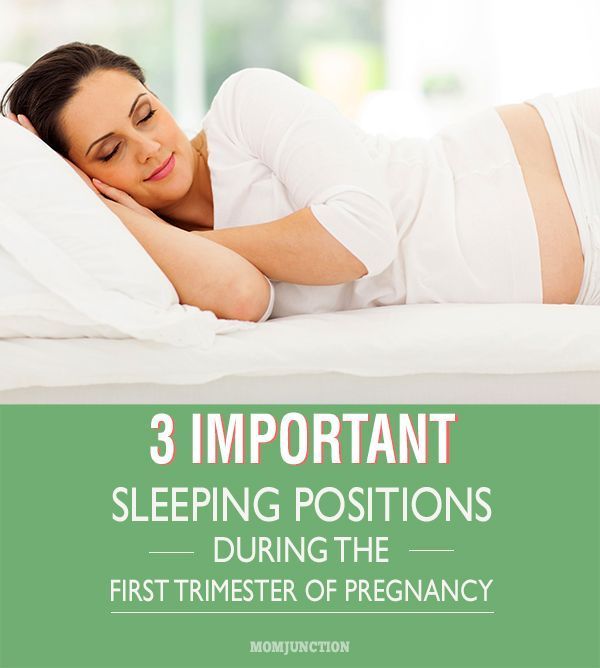 Wahlberg is passionate about creating content that helps parents and parents-to-be equip themselves with everything they need to succeed.
Wahlberg is passionate about creating content that helps parents and parents-to-be equip themselves with everything they need to succeed.
My pregnancy week by week
Insomnia during pregnancy and how to deal with it
At first you don’t sleep because you are anxious and sick, then it becomes stuffy at night and you want water, then your stomach starts to interfere with sleeping in your favorite position, the baby arranges night dances, and, finally, heartburn, which does not allow you to fall asleep in the last weeks before childbirth . But still, insomnia during pregnancy can be dealt with.
Drink enough water during the day
Night thirst during pregnancy is often associated with a lack of water during the day. At the same time, drinking a lot before bedtime and at night is not recommended. So you run the risk of getting swelling of the legs, and besides, you get up at least once at night to go to the toilet, which can also interrupt sleep. Doctors recommend drinking water during the day, several sips every 30-40 minutes. So the load on the kidneys will be uniform, and at night you will not suffer from thirst. nine0003
Doctors recommend drinking water during the day, several sips every 30-40 minutes. So the load on the kidneys will be uniform, and at night you will not suffer from thirst. nine0003
Avoid spicy foods and carbonated drinks
Of course, you should not categorically refuse your favorite dishes, especially since during pregnancy, new taste preferences can determine the menu. But you need to remember that if you ate spicy or drank a carbonated drink during the day, then there may be problems with sleep at night. And after the twentieth week, your menu will be reflected in the activity of the child, and “non-childish” food will immediately make itself felt with night dances in the stomach. nine0003
Comfortable bed
You should be able to completely relax before going to bed. Perhaps you need to move to another room, to another bed, buy a pillow for pregnant women, hang dark curtains, remove the clock that makes obsessive ticking.
Try to eat in the evening about three hours before bedtime
Insomnia in a pregnant woman may appear as a result of heartburn after dinner. This often happens already starting from the second trimester: the uterus rises higher and changes the position of the stomach and intestines. If you suffer from heartburn before going to bed, then lie down with your head up and on your left side: this way, acid from the stomach will not enter the esophagus. You will also have to give up a heavy dinner in favor of a light snack, and a few weeks before giving birth, do not eat anything three hours before bedtime. nine0003
Take a safe sedative
Increased anxiety in a pregnant woman is quite common. Hormonal adjustment, concern about the health of the child, fear of antenatal clinics, dissatisfaction with one's body - all this leaves an imprint on the psychological state of a woman. At the same time, advice to “calm down” can only exacerbate internal tension.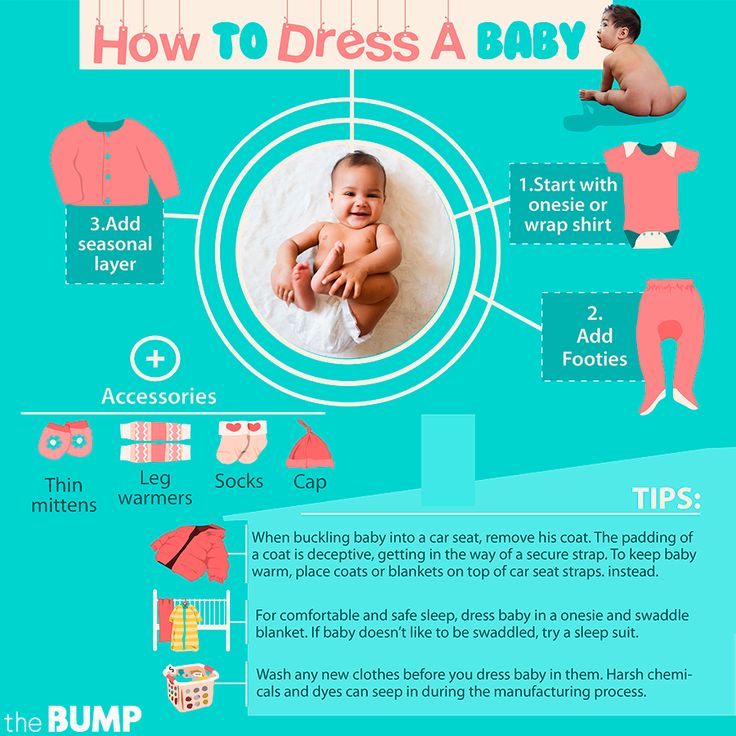 Therefore, during pregnancy, drugs are often prescribed that reduce the excitability of the nervous system. But the safety of such drugs is of particular concern to the expectant mother, and is another cause for concern. In order for a drug to be considered completely safe, its components must be related to those that the body naturally produces. nine0003
Therefore, during pregnancy, drugs are often prescribed that reduce the excitability of the nervous system. But the safety of such drugs is of particular concern to the expectant mother, and is another cause for concern. In order for a drug to be considered completely safe, its components must be related to those that the body naturally produces. nine0003
Glycine is a preparation that contains the amino acid glycine, a structural component of the nervous system. It is indicated for pregnant women with sleep disorders, as well as with increased anxiety, psycho-emotional overload. Glycine helps to cope with insomnia in pregnant women naturally.
Insomnia during pregnancy
Insomnia during pregnancy is a fairly common occurrence that affects many women.
Causes of insomnia during pregnancy
The causes of insomnia during pregnancy can be physical or psychological.
Physiological causes of insomnia:
- back and back pain;
- manifestation of urge to urinate due to the expansion of the uterus and its oppression of the bladder;
- fetal movement inside the uterus;
- occurrence of heartburn;
- occurrence of convulsions;
- the appearance of shortness of breath.
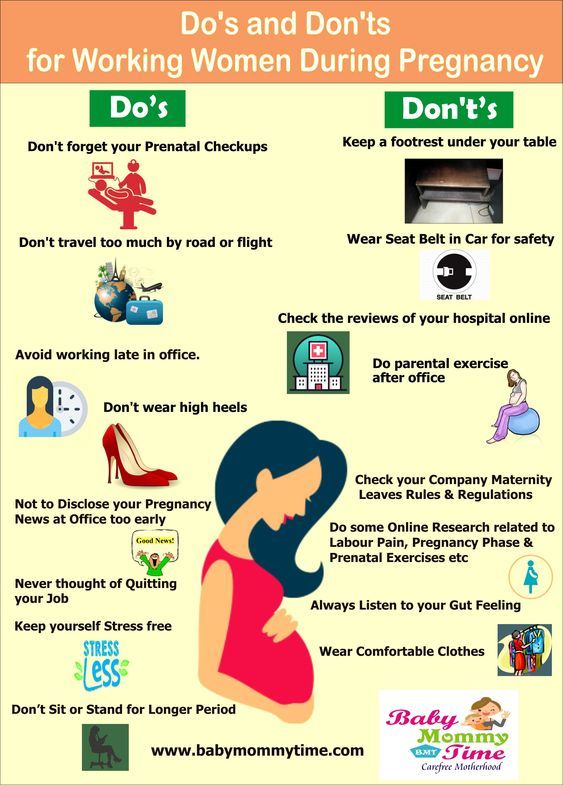
Psychological causes of insomnia
During pregnancy, insomnia can also occur for psychological reasons, such as:
- stress;
- fatigue;
- occurrence of frequent nightmares.
Types of insomnia
There are primary and secondary types of insomnia. Secondary insomnia usually resolves without treatment, while primary insomnia requires medical attention.
Treatment of insomnia during pregnancy
There is no one-size-fits-all cure for insomnia during pregnancy, so you have to carefully monitor your nervous system, diet, and exercise levels.
How to deal with her insomnia pregnant woman expecting a baby, what rules to follow and what to follow?
Eating regimen for insomnia (tips)
- drink less before bed;
- Before going to bed, drink a cup of warm milk, or non-energizing tea; nine0054
- you can also use folk remedies of herbal origin;
- Eat turkey meat containing the soothing substance tryptophan;
- do not eat heavy meals before going to bed;
Preparing the bedroom (tips)
- ventilate the room at least half an hour before going to bed;
- sleep on your side, not on your stomach and not on your back, which often hurts during this period;
- sleep on a comfortable, not too soft, but not hard surface.
 nine0054
nine0054
Laying ritual
- avoid stress and overexertion;
- take a warm bath or shower before bed;
- if you are worried about itching of the abdomen, lubricate it with lotion.
Sleeping pills: to use or not?
Do not use sleeping pills during pregnancy. It can harm the baby in the same way as any other medicines, which are best avoided during pregnancy.
Morning preparation
Morning preparation for the day ahead during pregnancy begins with breathing exercises and light routine exercises. You can also apply the so-called acupuncture - massage points on the palms and soles of the feet. As you know, it is on the palms and feet that there are nerve endings, through which you can influence your entire body as a whole, as well as the level of activity of the brain and nervous system.
And don't forget to be positive before you get out of bed. The reason for this can be even such a trifle as the first morning and most delicious cup of coffee.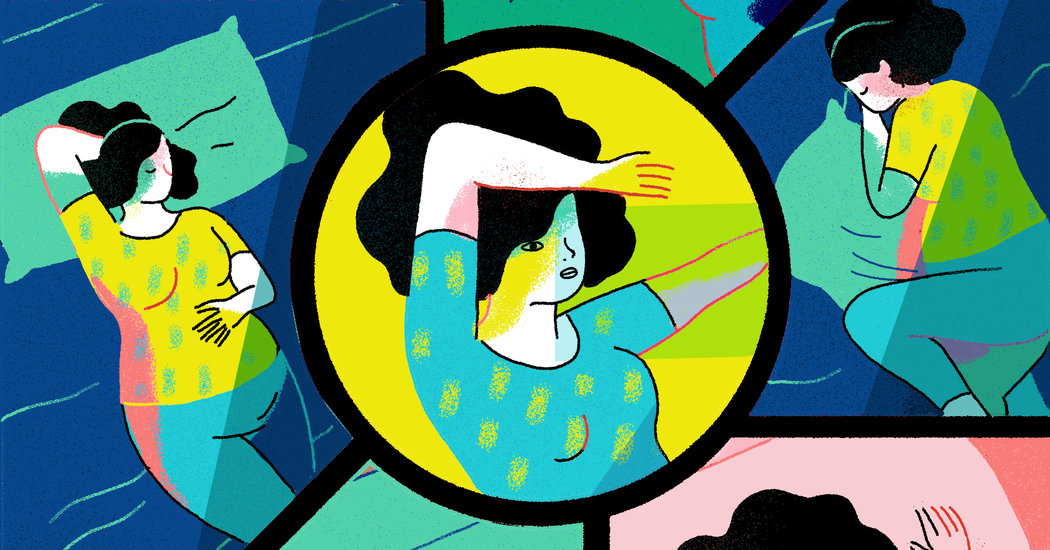 nine0003
nine0003
Also distribute your daily workload in such a way that there are no noisy gatherings or physical activities in the evening. Limit TV viewing before bed. And no thrillers, horror films, detective stories and tragedies - this will unsettle your nervous system.
Hormonal changes in a woman's body: what is important to know?
Hormonal changes in the body entail not too pleasant consequences, as a result of which the body simply refuses to rest. nine0003
The sleep of a pregnant woman is extremely important not only for herself, but also for her baby. You need to sleep as much as you want. At the same time, it is necessary to be very careful in terms of choosing positions for sleeping and not to allow the state of the so-called oversleeping, which usually occurs if a woman, having gone to bed during the day or in the evening, wakes up only in the morning of the next day. In general, early evening is not the best time for sleep in general, this leads to a failure of the woman's biological clock and chronic insomnia at night.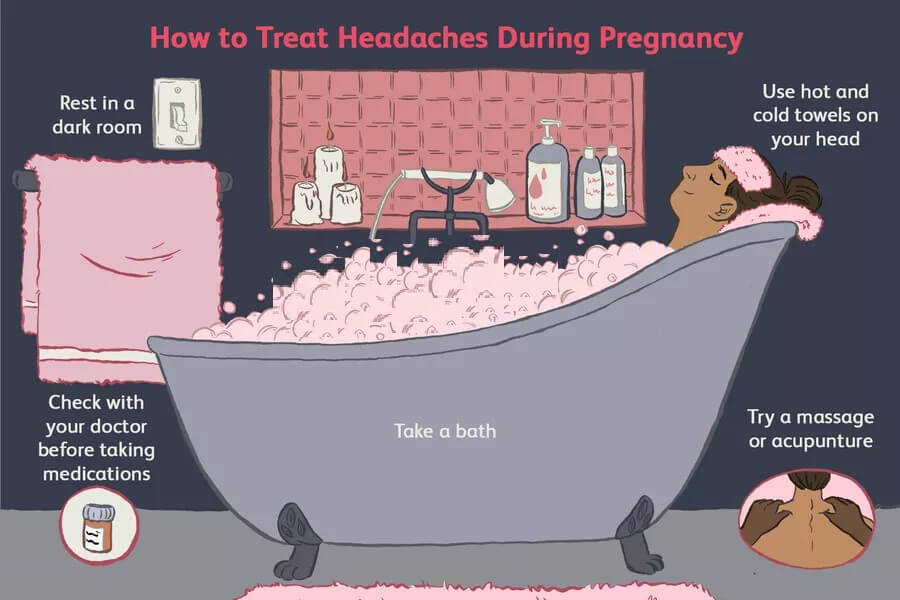 nine0003
nine0003
If it is simply impossible to get enough sleep due to some physical reasons, a woman may accidentally fall into a state of drowsiness somewhere on the street. It is much better when sudden drowsiness occurs to enter into a state of REM sleep - fall asleep for fifteen to twenty minutes in a comfortable position and in a relaxed state. During this time, the body, as a rule, has time to recover to a large extent. The same effect of REM sleep gives rapid blinking of the eyes for thirty seconds, this action will bring the brain into a state of wakefulness for two to three hours. nine0003
If there are no bouts of drowsiness during the day, but there is no sleep either, it is better to contact your doctor, as well as a narrowly specialized specialist, because although insomnia is a natural phenomenon during pregnancy, it causes a lot of problems for both the mother and fetus. And there is no need to hope that the body itself knows how much it needs to sleep. The body of a woman in labor is constantly in a suspended, nervous state of the deepest stress and simply cannot independently feel how much sleep she needs. nine0003
nine0003
Correct exercise for insomnia
Hiking in the park and trips to the country are suitable. For the sake of unity with nature, we do not advise you to go, for example, to the mountains and, in general, to be exposed to any kind of physical or psychological danger. Do not forget: all your stresses are the stresses of the unborn baby! nine0003
Aroma and aqua therapy
Use aroma and aqua therapy, phytotherapy - this will also help to cope with insomnia during pregnancy. But before using it, do not forget to consult a doctor and take a test to detect your individual intolerance. You can also use proven methods of traditional medicine, but we remind you once again: no chemistry during pregnancy!
Orthopedic subtleties for insomnia
Use an orthopedic mattress that is custom made for your body shape. It is also recommended to put pillows under the lower back, between the legs and under the stomach, although sleeping on the stomach during pregnancy is highly discouraged - this can harm the baby.
Homeopathy for insomnia
Homeopathic medicines can help you, but the chances are about 50/50, so you'd better go to a highly qualified narrow-profile homeopathic doctor. These medicines must necessarily be selected in full accordance with the existing individual symptoms. nine0003
Does the brain simply refuse to "switch off"? Are you constantly in an incomprehensibly cheerful, excited state, similar to euphoria, and therefore you can’t fall asleep in any way? Put three grains of coffee under your tongue.
Folk remedies
Today, there are quite conflicting opinions about the use of sleeping pills made on the basis of various herbs, such as, for example, valerian and passionflower.
You would be better off avoiding them completely during pregnancy. nine0003
Scutellaria broadleaf can be used during pregnancy, but with the greatest care. It should not be used for a long period of time. It is not suitable for those who have liver problems.
You can sleep on a specially made pillow filled with hops. However, do not drink tea infused with hops unless it is prescribed to you by a qualified specialist.
Medicines for insomnia
It is better not to start taking medicines, as mentioned above. The effect may be and will be, but it is not clear what effect this or that substance will have on the unborn baby, so we do not recommend taking risks. nine0003
By applying the above methods, you will most likely soon get rid of your insomnia forever and sleep peacefully with your baby. Do not forget that the fetus constantly feels our mood, stress and tension. Have you ever noticed that, for example, if you quarreled with someone while pregnant, the baby inside you invariably began to push, kick, in general, get nervous in every possible way? Noticed? Exactly! So first of all, if insomnia occurs during pregnancy, you must:
Stop being nervous!
In general, although insomnia is a natural phenomenon during pregnancy, it, in fact, is only a consequence of a combination of a wide range of concomitant factors, and not an independent phenomenon.